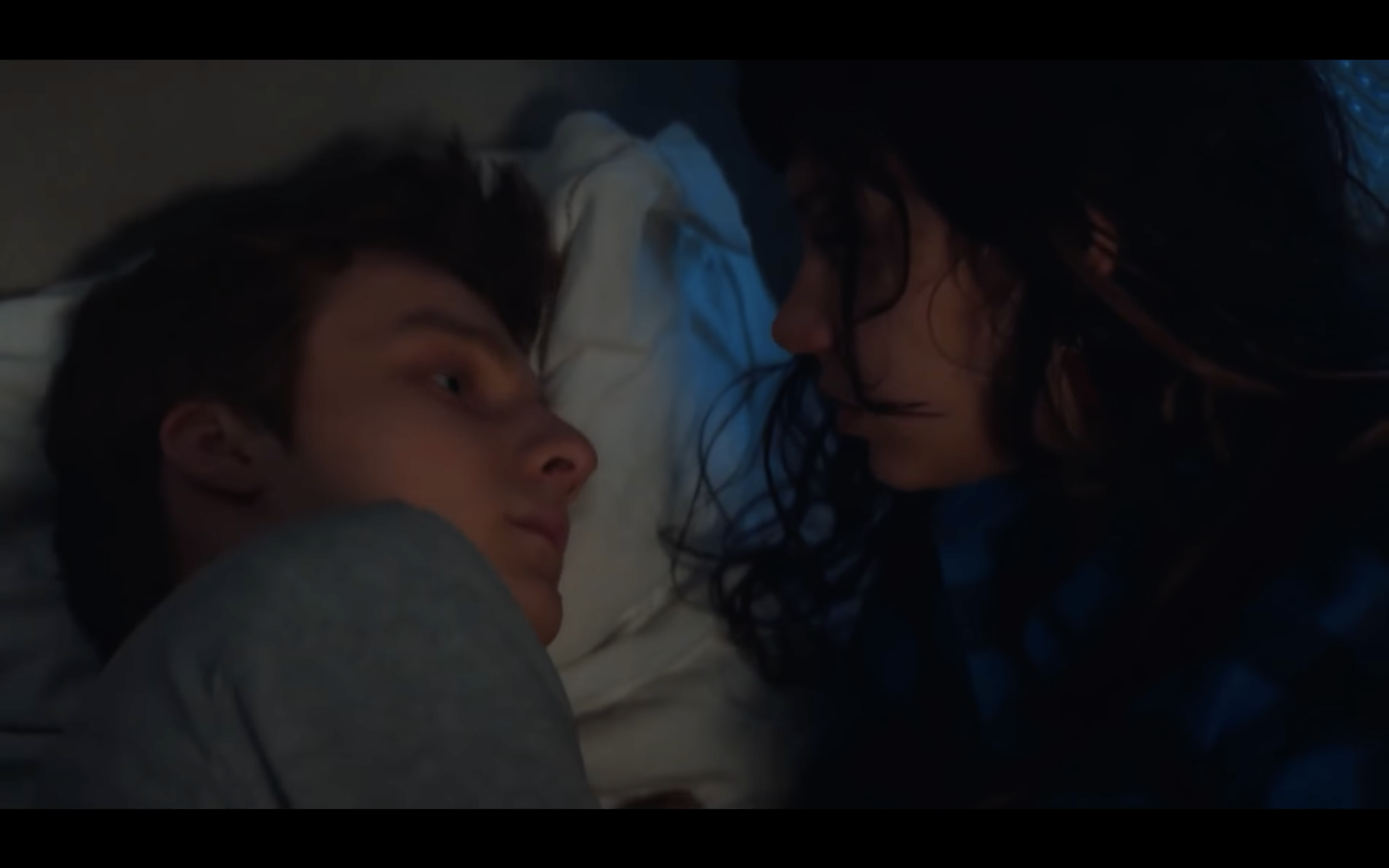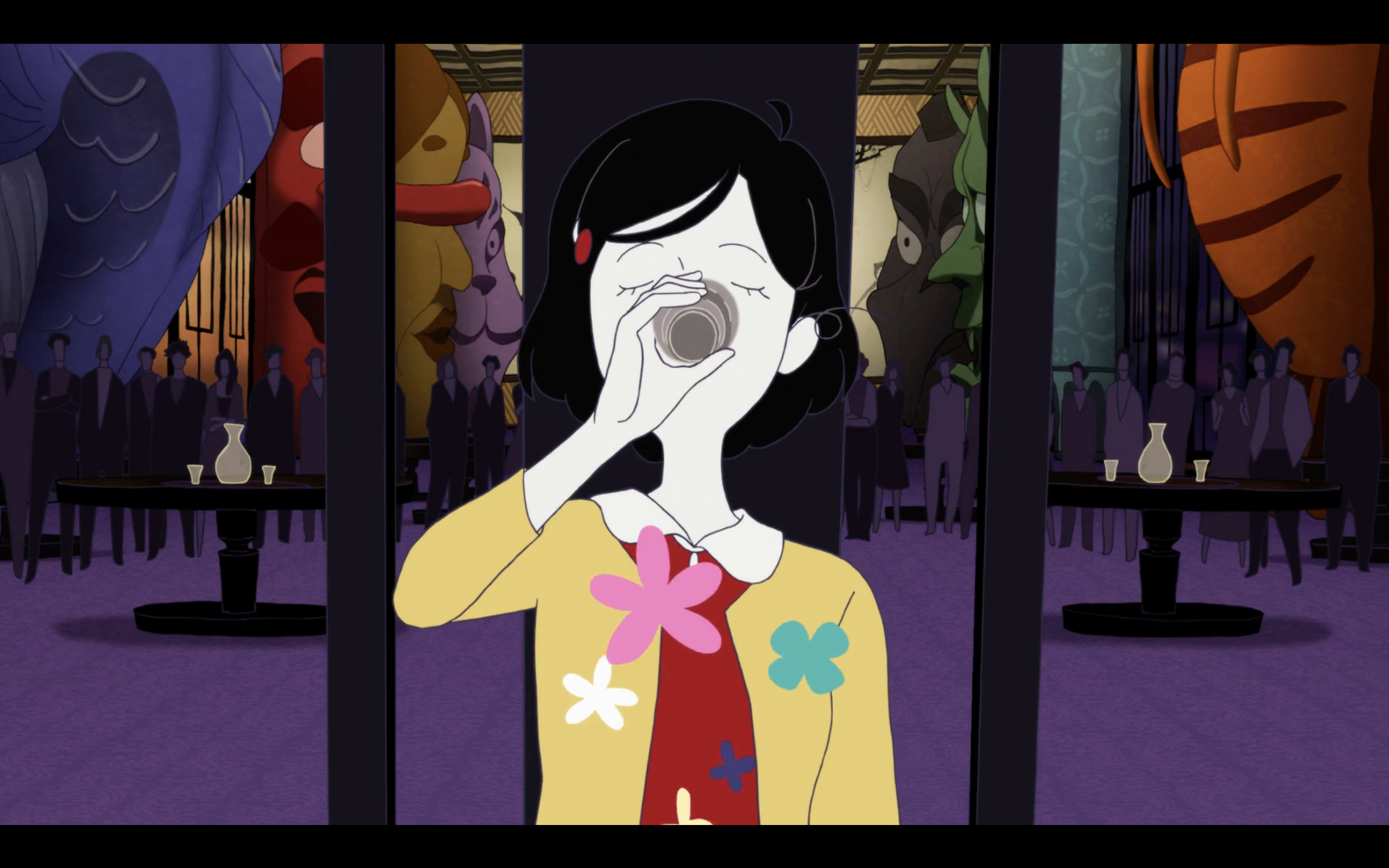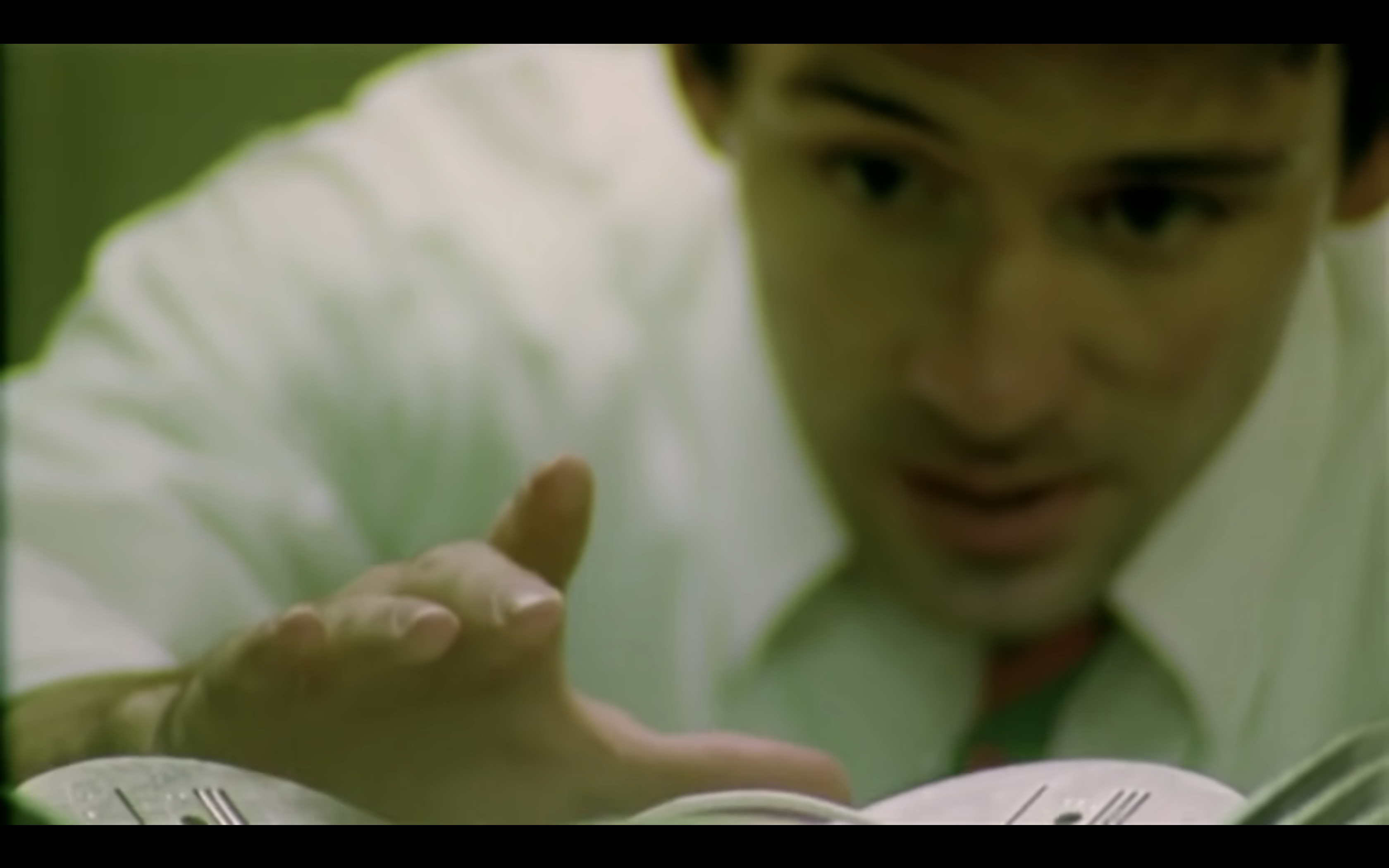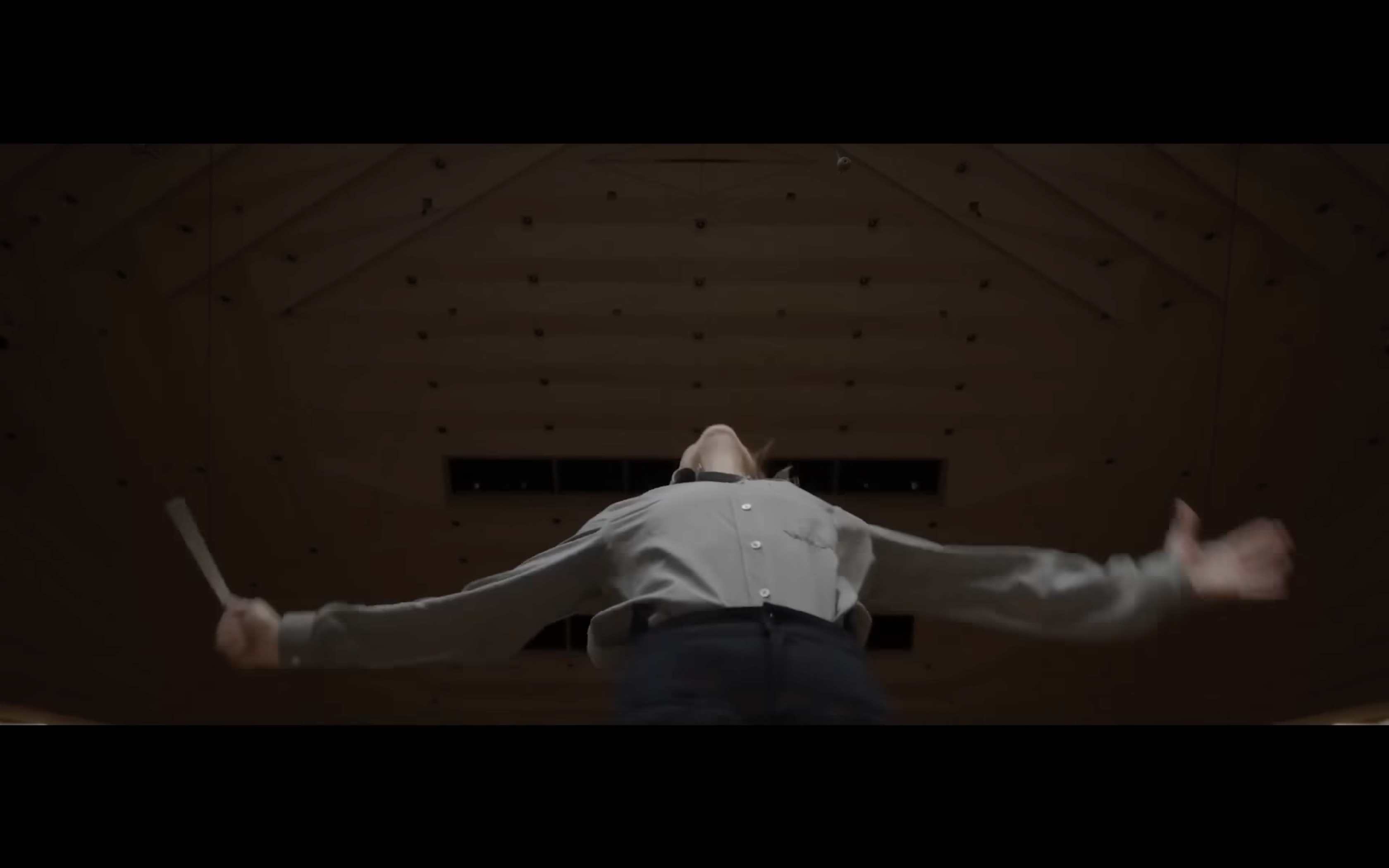
Recently, I attended the 58th Chicago International Film Festival. I was able to attend 3 films. This is the second of the three subsequent reviews fro, the festival.
Mikhaël Hers’s 2022 film The Passengers of the Night is a film that certainly looks and sounds wonderful. The cinematography is at moments stunning, the score and audio are pleasurable to the ears. The cast’s performances are equally well done. However, as far as narrative goes, we are not given much.
First of all, the film falls into the manic pixie trap. While working at a late-night radio talk show, Élisabeth (Charlotte Gainsbourg) meets Talulah (Noée Abita), a troubled young woman and a guest on the show that night. Élisabeth lets Talulah stay with her family for a time, during which time she develops something approaching a romance with Élisabeth’s son Mathias (Quito Rayon Richter).
Talulah is, in a way, ethereal and otherworldly. She has an odd way of interacting with the world that does not feel out of line with other manic pixie dream girls. At the same time, however, the film wants to be a reaction to this trope. The film wants us to see the relationship between Talulah and Mathias as one that points out the problems with this trope. So, towards this end, the film makes Talulah damaged. She deals with mental illness and struggles with addiction. Yet, the film falls into the trap nonetheless: addiction a three-dimensional character does not make. Despite being imperfect, she still feels like she exists for the growth and development of Mathias. She, herself, is not much of a fully rounded character. Worse still, Mathias has even grown by the end either. In most regards, he feels the same at the start of the film as he does by the end, only older.
The relationship between the two is also hard to buy. We only see a few scenes of them together before we are to assume they have something that, at least in part, resembles a developing relationship. There is growth and change in relationships we are to assume happened, but we don’t see much of that process of change occurring.
Something similar happens with Élisabeth’s character. Unlike with Matthias, she is a different character by the end of the film. In all regards, she is far more confident in herself than she was at the start of the film. Yet we hardly see this change actually developing. We are given the pieces that we might have contributed to this confidence: a job, a new boyfriend. But we don’t see her active growth. Instead, we get time skips. From one time skip to another, Élisabeth is more confident and developed. And all that development happens between those skips. It happens offscreen where we can’t see it.
The film also is disappointing in how it handles one of its central plot points: the late-night talk show. The titular radio show, The Passengers of the Night, features strangers calling in or coming in to share their story and be interviewed. As mentioned previously, Talulah is one of those strangers. Élisabeth, having been moved by her letter, invites Talulah in for an interview. This is all the radio show is used for: an inciting incident to introduce Talulah. The concept of conversations with faceless strangers late at night is such a compelling premise and potential plot device, and yet it is done away with as soon as it is introduced, only to be replaced with something far less interesting, and far more overdone.
This is a problem that the film has across the board, albeit in ways I find less egregious than the misuse of a premise. We are told Mathias has an interest in poetry, although he initially denies it when his teacher addresses it. This comes up in the background every once in a while, but it hardly goes anywhere. At some point, he gets a rejection letter from a literary magazine. But he doesn’t speak about it, doesn’t mention it to anybody, and hardly seems affected by it. For how much attention the film brings to introducing this part of his character initially, it is hardly referred to or relevant at all. With Élisabeth, a couple relationship dynamics are set up, but similarly go nowhere. She has a fight with her boss and has a small breakdown over her mistake, which introduces a potential tension and desire to impress. But after the scene where she’s crying, this relationship is not built upon or even addressed again. Things go on unchanged. Élisabeth also develops a brief romantic relationship with her coworker. We see the flame start to kindle. They have sex, he says he isn’t looking for a relationship the next day, and that is that. Her feelings towards him or how this affects their workplace dynamic are almost entirely ignored. Things go on unchanged. Across the board, The Passengers of the Night has a habit of introducing plot points that it does nothing with. And this is saying nothing of the sister character, Judith (Megan Northam), who doesn’t meaningfully affect the plot in any way. She is there to be there.
I cannot say that The Passengers of the Night is a bad film. It looks nice, sounds nice, and has nice performances. As far as the story goes? It is fine. Just fine. Disappointing, but….fine.


